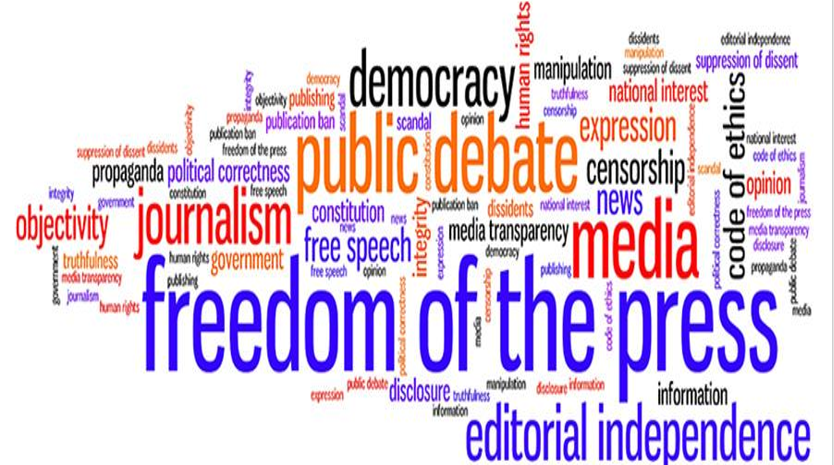Brussels, 8 August 2025 — The European Union has entered a new era in media regulation with the official application of the European Media Freedom Act (EMFA), a landmark legislative framework designed to safeguard press freedom, editorial independence, and media pluralism across all Member States.
The EMFA, adopted in response to growing concerns over political interference, opaque media ownership, and threats to journalistic safety, introduces binding rules aimed at reinforcing the independence of public service media, increasing transparency in state advertising, and limiting the use of surveillance tools against journalists. It also establishes the European Board for Media Services, a new oversight body tasked with ensuring consistent enforcement across the bloc.
A Call for Swift and Faithful Implementation
Reporters Without Borders (RSF), a leading press freedom advocacy organization, has welcomed the EMFA’s entry into force but emphasized that its success hinges on the commitment of individual Member States. In its recent report, Pressures on Public Media: A Litmus Test for European Democracies, RSF highlighted systemic vulnerabilities in several EU countries and called for a “European awakening” to confront the erosion of media independence.
“Europe has set a benchmark for the protection of press freedom and journalistic work,” said RSF in a statement. “But this achievement will only be meaningful if Member States implement the EMFA dutifully and proactively.”
The organization urges governments to take immediate steps to align national legislation with EMFA provisions, particularly those guaranteeing editorial autonomy and shielding media outlets from political and economic coercion.
Legal Framework Meets Political Reality
While the EMFA represents a significant legal advance, its practical impact will depend on how rigorously it is applied. Recent EU rule of law reports have flagged persistent challenges in countries such as Hungary, Poland, and Greece, where media pluralism and journalist safety remain under pressure.
Under the new regulation, Member States are required to assess media mergers not only on competition grounds but also on their potential impact on editorial independence. Governments must also ensure that any use of spyware against journalists is strictly limited to exceptional cases involving national security.
European Commissioner for Democracy, Justice and the Rule of Law Michael McGrath hailed the EMFA as “unprecedented safeguards” for journalists and citizens alike. “The news they receive should be driven by facts, not by business or political agenda,” he said.
Looking Ahead
The EMFA’s entry into force marks a pivotal moment for European democracy. It offers a robust framework to protect the integrity of journalism and the public’s right to reliable information. However, as Sabine Verheyen, Chair of the European Parliament’s working group on EMFA implementation, noted: “Its true value will be measured in action, not words.”
As Member States begin the process of transposing and enforcing the EMFA’s provisions, the international community will be watching closely. The coming months will reveal whether Europe can translate legislative ambition into tangible protections for one of its most vital democratic pillars: a free and independent press.



